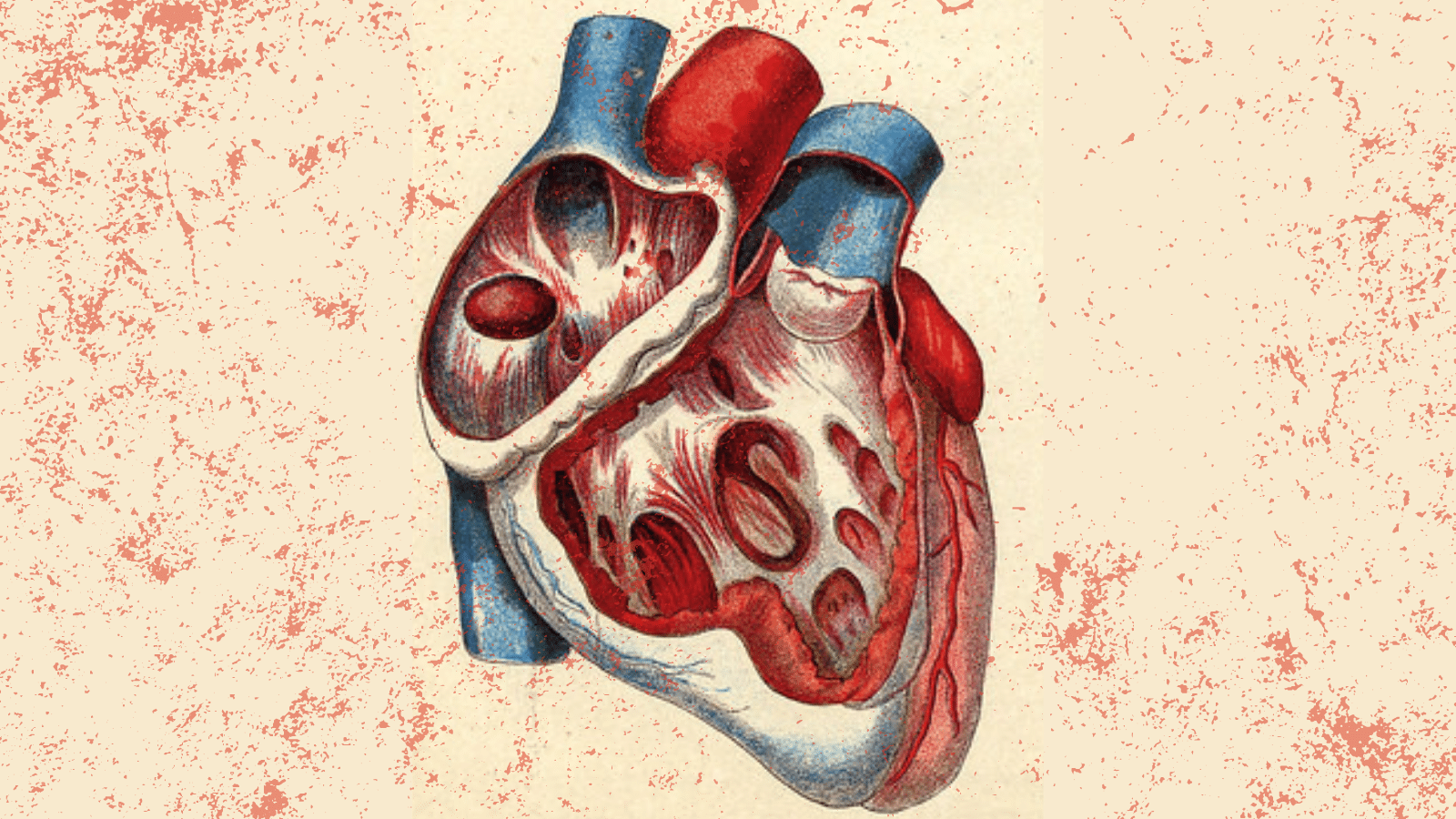Nov 03
Chinese Doctors Are Executing Prisoners By Organ Extraction

“Execution by organ procurement: Breaching the dead donor rule in China” was published in the American Journal of Transplantation on April 4, 2022. You can download the full report in PDF format here.
Background
- Matthew P. Robertson, a research fellow at the Victims of Communism Memorial Foundation (VOC) and PhD candidate in political science at the Australian National University, is a leading expert on the practice of forced organ harvesting in the People’s Republic of China (PRC). Mr. Robertson’s diligent research, which relies on sophisticated data science methods, has brought the issue of forced organ harvesting out of the realm of rumor and speculation by uncovering hard evidence that physicians themselves are intimately involved in this gruesome practice.
- In his latest research, Mr. Robertson teamed up with the leading cardiac transplant surgeon Dr. Jacob Lavee, founding director of the Heart Transplantation Unit at Sheba Medical Center in Ramat Gan, Israel. Together, they wrote algorithms to search through and analyze over 120,000 Chinese-language publications on transplants, uncovering evidence that medical professional in the PRC removed organs from living humans for the purposes of transplants, in the process killing them.
- The practice of forced organ harvesting breaks two long-established taboos in medicine: the dead donor rule (DDR), which forbids extracting transplant organs from living donors, and the injunction against physicians participating in executions. These practices violate medical ethics and assault human dignity and the sanctity of life. Only under a predatory government with little transparency, accountability, or rule of law could such practices persist.
Sources of organs
- Until recently the PRC has lacked a national organ donation system, meaning hardly anyone could become a willing donor. In 2007 the leader of the PRC’s transplant sector said that 95% of all organ transplants were from prisoners, though the real proportion was almost certainly higher still. A system of willing organ donations was set up only in 2014 and is claimed to have ended the practice of harvesting organs from executed prisoners. These claims are highly questionable, however.
-
The PRC maintains that as of now all organ transplants are from willing donors, but the numbers appear to be falsified, according to Robertson and Lavee’s previous research. Moreover, hospitals continue to advertise short wait times for organ transplants, and websites continue to advertise commercial organ transplants to tourists. This suggests that voluntary donors are likely not the only source of organs at present.
Investigation
- This report sources data from Chinese-language papers in medical journals, available publicly and through commercial databases. A program coded by Mr. Robertson was used to download and search through over 120,000 papers for key words and phrases.
- A pilot study was launched using highly targeted keyword searches in scientific databases. The authors were able to develop a criterion for problematic Brain Death Declaration (BDD), and therefore identify instances of violations of the dead donor rule. Instances of problematic BDD are include cases where donors were intubated after they were declared brain dead, were intubated immediately before their organs were extracted, or were ventilated by mask only.
- The authors manually reviewed the remaining papers, extracting author names and institutions from reference metadata and classifying them by institution type and location resulting in a list of institutions that may be carrying out violations of the DDR. Excerpts that could be describing problematic BDD were translated and reviewed by two native speakers.
- The study rendered 71 papers with descriptions of problematic BDD, all published between 1980 and 2015. The procedures were carried out in 56 hospitals in 33 cities across 15 provinces; 348 medical professionals or researchers were listed as authors on these publications.
Other details
- The papers analyzed in the report do not describe how “donors” were incapacitated before their procedure. However, data points to a few scenarios: The prisoner could have been shot immediately before their organs were extracted, or a general anesthetic could have been used in the operating theater. It could also be that the “donor” is first delivered a lethal injection, but their organs are extracted before the injection can kill them. If this is the case, then the condemned could be experiencing incredible amounts of pain during their procedure. There is also some evidence pointing to the use of a specialized device that targets the brainstem. Previous eyewitness accounts are consistent with many of these explanations, making it difficult to know which scenario actually took place.
- PRC officials have made statements that both deny and celebrate the practice of harvesting organs from executed prisoners. Dr. Huang Jiefu, the leader of the PRC’s transplant sector, said that “transplant surgeons have absolutely no involvement with the process of executions” but has also praised the “cadres in the judicial system” because of the volume of organs coming from death row prisoners.

